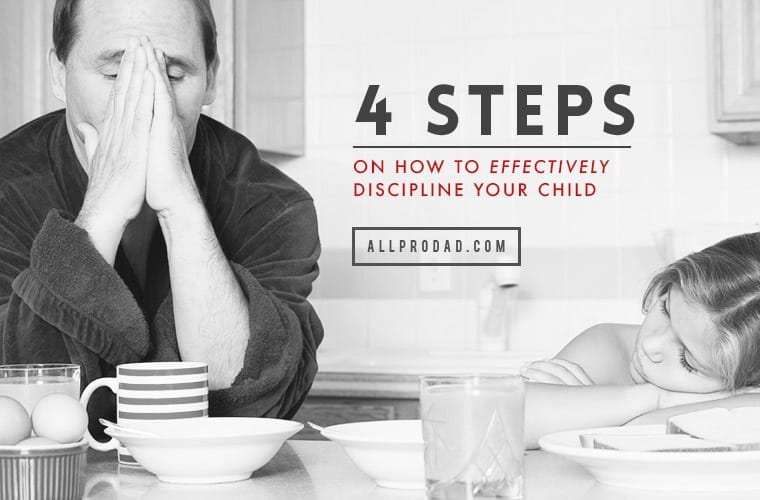Eleven-year-old George is disrespectful. When Dad says, “No,” George uses sarcasm or a mean remark as he leaves the room. When Mom gives an instruction, George rolls his eyes or makes an offhanded remark. Dad and Mom try to talk to George to explain why he needs to follow instructions or why Dad said no. George responds disrespectfully. Mom and Dad are frustrated because nothing seems to work. George has a problem. His pattern of expressing his displeasure is inappropriate. He needs correction. But the focus of the correction needs to be on the way he’s treating his parents.
Dr. Scott Turansky shared the scenario above in his Christian Parenting Handbook. He went on to give the steps the parents in this situation used for correcting their son’s disrespect: No more dialogue about the issue, but instead, move quickly to the process of how the child is handling the conflict. The parents corrected for George’s tone of voice, sarcasm, and poor choice of words, and required a better response from him before moving forward. Here’s what happened next.
This strategy began to work. Instead of getting mired in the issue—getting homework done, doing chores, etc.—they immediately focus on the real issue: the disrespect the child is using in interactions with his parents.
So what’s the one thing to do if you want respectful kids? Focus on how your child treats you, the words they he uses, his attitude, instead of getting sidetracked onto the specific incident at hand. Here’s another great example of how to do this from Dr. Turansky.
1. Understand the problem.
Gary realized that his teenage daughter was disrespectful to him in front of her friends. He’d seen the same sarcasm and unkindness when they were alone, but it was particularly disturbing in front of others. Gary knew that although the “public” routine matched the “private” routine, the embarrassment was greater with an audience.
2. Come up with a plan.
Gary didn’t want to just look good in public, however, so he began to change the way he and his daughter related in private. When Gary sensed that his daughter was being rude, sarcastic, or unkind in their discussions, he’d stop the dialogue with a statement such as “That wasn’t kind,” or “You don’t have to treat me unkindly because we disagree.”
3. Have a plan B.
In some situations, the comment was enough for his daughter to snap back into healthier dialogue. On a couple of occasions, though, his daughter was particularly angry and refused to back down. Dad required a break from the dialogue to settle down and even told his daughter that she needed to stay off the computer and even out of her bedroom until she was willing to talk to him about the problem in a mature way.
4. Act confidently but calmly.
After working on the relating pattern for a few weeks, Gary found himself again receiving disrespect in front of his daughter’s friends, but this time he was ready. Gary called his daughter out of the group into the other room and confronted her. She received the correction in part because of the homework that he’d done the preceding weeks, and she knew he was serious about the change.
5. Be patient.
Patterns take time to adjust and often require that parents focus on relational routines. The next time you’re frustrated with the interaction you have with your child, stop and consider whether it’s a pattern. If so, try to figure out what the triggers are that get it started. Next, if you are having trouble with your child, identify some new ways of relating. Then practice them over and over again until they become the new habit. Remember that children are works in progress too.
Sound off: How do you typically respond when your kids are disrespectful?











Huddle up with your kids and ask, “How do you feel when someone treats you poorly?”